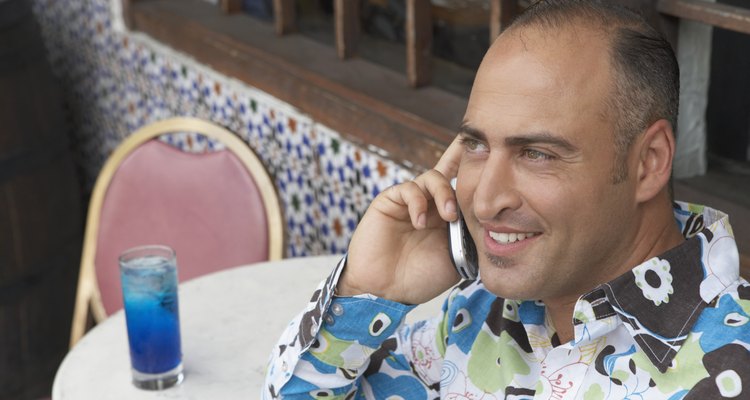
Jack Hollingsworth/Photodisc/Getty Images
Hearing that borage promotes healthy hair might make you think borage could be a remedy for hair loss too. Borage contains essential fatty acids that are supposed to have a beneficial effect on hair and skin, but no evidence exists that borage will actually stop or reverse thinning hair.
Identification
Borage, or Borago officinalis, is an annual plant native to the Mediterranean region. All parts of the plant, including the flowers, have been used in food and drink in one form or another for centuries. The Whole Health MD website notes that a wine made from the leaves and flowers was renowned for "relieving boredom and dispelling melancholy" in Europe in the 1600s. Borage oil is commonly found as an omega-6 fatty acid supplement.
Importance
Omega-6 fatty acids positively affect and promote skin and hair growth, and this may be why some look to borage as a hair remedy. Borage oil also has large amounts of gamma-linolenic acid, or GLA, an omega-6 fatty acid that may reduce inflammation. Whole Health MD claims that taking flaxseed oil plus either borage or evening primrose oil will make your hair more lustrous and softer.
No Evidence
Despite the role of omega-6 fatty acids in healthy hair and skin, and despite the amounts of omega-6 fatty acids in borage oil, no evidence exists that borage oil itself helps with thinning hair. The connection between the two appears to be based solely on the fact that borage oil has omega-6 fatty acids.
Considerations
Borage oil does seem to have an effect on skin, however. A 2010 review published in “Nutrition” looked at the results of studies testing borage oil intake on atopic dermatitis, a type of eczema. Results were mixed. Some studies showed an effect and others didn’t, but the researchers concluded that milder cases might benefit to some extent. An earlier study did find positive results when borage oil supplements were given to women with irritated skin. After 12 weeks, skin irritation and dryness had been reduced in groups taking borage oil or flaxseed oil. That study was published in 2009 in “The British Journal of Nutrition.”
Caution
Don’t take borage oil or borage-containing products without consulting a doctor first. While some borage is tolerable, as demonstrated by the research studies, the researchers who wrote the 2010 review note there aren’t any studies on long-term effects. Kansas State University warns that borage leaves contain pyrrolizidine alkaloids, which may be toxic to the liver and carcinogenic. Risks also exist for pregnant women and for men with prostate cancer or who are at risk of developing the disease.
Related Articles

Ingredients in Shampoos for Hair Growth

Chlorella and Hair Loss

What Are the Benefits of Extrapone ...

Recommended Daily Dosage of Saw ...
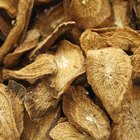
Burdock Root for Hair

Can Borage Oil Help Acne?

Pycnogenol and Acne

The Effects of Vitamin-D Deficiency on ...
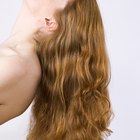
How to Make a Homemade Water-Based Hair ...
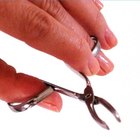
Does Tweezing Your Upper Lip Make Your ...
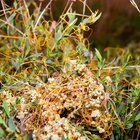
Traditional Uses of Cuscuta

The Benefits of Sunflower Oil on Hair

What Are the Benefits of BioSil?

What Does Lemon Juice Do to Your Hair?

Arginine for Hair Growth

Can Hair Dye Cause Severe Itching of ...

Eating Papaya for Thinning Hair

Magna Rx Side Effects
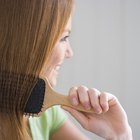
Does Copper Peptide Work for Hair ...

Viviscal Ingredients
References
Resources
Writer Bio
Suzanne S. Wiley is an editor and writer in Southern California. She has been editing since 1989 and began writing in 2009. Wiley received her master's degree from the University of Texas and her work appears on various websites.
Photo Credits
Jack Hollingsworth/Photodisc/Getty Images